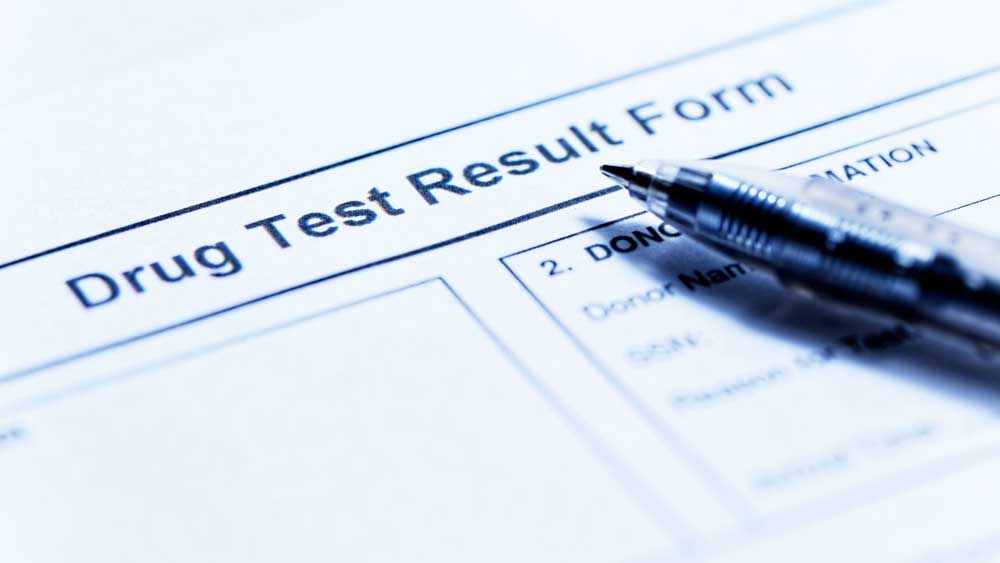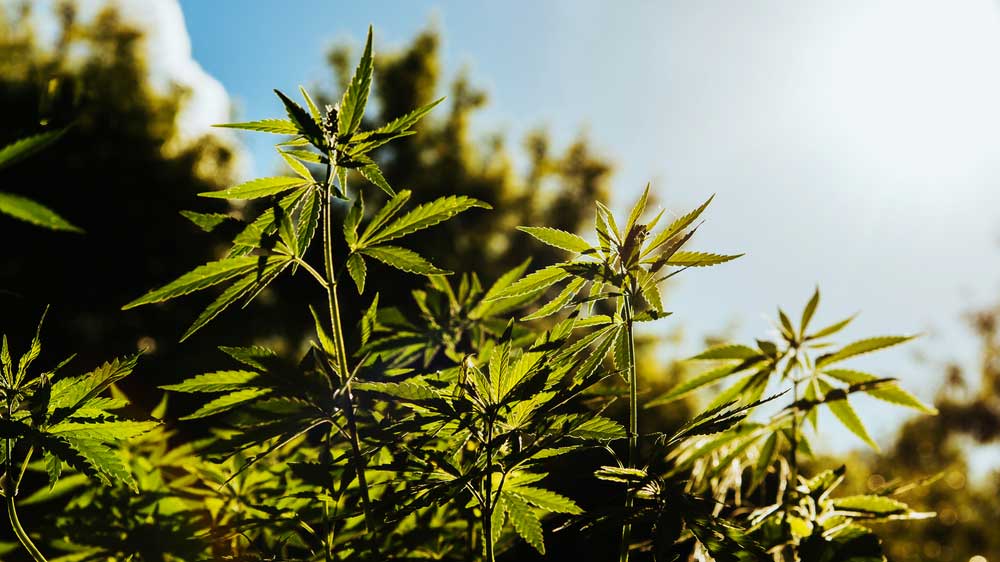Does CBD show up in a Drug Test?
The new kale on the block, CBD (cannabidiol) is getting lots of traction these days. And with good reason...
CBD is found to have potent health-promoting properties! These include: helping with stress, nausea, sleep and everyday pain management, reducing inflammation, and other potential benefits.
It is now mainstream to use CBD, and new products are popping up everywhere – from gummies, oils and vape pens to even CBD infused pet products!
However, with the rise of legal marijuana and cannabinoid use, there is a growing concern about legal implications. For example, what are the chances CBD users will test positive in a drug screening?

What is CBD and how does it differ from THC?
CBD is one of many cannabinoids found in the Cannabis genus. Cannabinoids are naturally occurring chemical compounds present in both hemp and marijuana.
They interact with the cannabinoid receptors in the body, helping to regulate appetite, memory, movement and pain.
Although both marijuana and hemp both have active forms of CBD and THC, these vary significantly in terms of their concentrations...
Marijuana is high in THC while hemp has insignificant amounts of it – with a standard limit of 0.3% THC.
THC causes euphoria, while CBD is non-psychoactive, meaning it does not induce a feeling of being “high”, and some people prefer CBD over THC for this reason.
Can CBD make you fail a drug test?
According to toxicology experts, the chances of getting a false positive in a drug test from CBD are very low, for a number of reasons.
1. First, THC is what prospective employers are looking for.
THC and CBD are chemically different and most common work-mandated tests screen for THC metabolites, not for CBD.
According to the largest drug-testing laboratory in the U.S. Quest Diagnostics, CBD-sensitive tests do exist but would need to be requested at an extra charge.
Cannabinoids are fat-soluble – meaning that when you ingest them with fats like oil or gummies they are absorbed in your fat tissue.
Due to this - and other biological factors such as body weight and the amount consumed - the elimination time of CBD and THC can be very long.
In fact, studies have found cannabinoids can stay in your system for up to 30 days after consumption. However, this is mostly true for heavy users.
2. Second, it is important that you purchase CBD from reputable suppliers, due to the potential for unscrupulous mislabeling and misrepresentation of the THC levels in the product.
Legally, CBD products must be derived from hemp - and the THC percentage limit for legally-grown hemp is 0.3%.
For people who are seriously concerned about drug tests, reputable CBD vendors offer a variety of products, including pure CBD Isolate oils, capsules, gummies, or solid crystals.
** These CBD isolates do not contain any THC, or any other cannabinoids and will not show on a drug test. **
However, in some places, CBD regulation is still lagging, and consumers are not always fully aware of what they are consuming.
3. Third, evidence suggests that some tests might pick up on CBN, not CBD.
Researchers at the University of Utah tested three batches of urine - each containing different cannabinoid compounds (CBD, CBN, or CBC and CBG).
Using two types of typical THC-type drug test, the results showed negative scores for urine laced with CBD, CBC or CBG, but came up positive on one test for CBN-laced urine.
The discrepancy is due to differences in the antibodies used in tests, some of which may react with CBN.
Remember, even if your test does show up positive for THC, there is still hope!!
Most laboratories can follow up the initial test with confirmatory testing which can decipher THC metabolites from other substances.

Legality of Cannabinoids
The legalities surrounding cannabinoids are complex and differ depending on where you are in the world.
In the United States, marijuana-sourced CBD products are illegal on a federal level but are permissible under certain state laws.
As for hemp-derived CBD products, these are considered legal (standard limit of 0.3% THC or less) by the federal government.
If you would like to try CBD, always check with the laws of your country or those that you travel to.
How to avoid failing a drug test
The simplest way to prevent THC showing up in a drug test is to refrain from using products that contain THC for at least 3 weeks before a scheduled screening test.
THC has been found to stay in your system for up to 30 days, but this depends on how much and how often you use it.
If you have already consumed full-spectrum CBD with low percentage THC content, it may best to inform your employer and explain that you’re consuming it for health reasons.
If you are using a pure CBD isolate, there is no need for concern about failing a drug test.
Honesty is the best policy!
There are other precautions that can be taken to improve your odds of passing the test:
- Practice due diligence before buying CBD, ensuring the manufacturer is trustworthy and the product is pure.
- Check that the CBD is extracted from a reputable hemp source.
- Avoid exposure to THC by staying away from second-hand smoke from marijuana smokers.

Conclusion: Does CBD show up in a drug test?
Most experts agree that pure CBD does not show up in the average drug screening test.
Some specialized screening tests may detect THC in cases of antibody issues with other cannabinoids (like CBN) or cross-contamination of THC in amounts exceeding 0.3 %.
This issue only applies to full-spectrum hemp extracts with a range of cannabinoids and low percentage THC.
Pure CBD Isolates do not show up on a drug test.
We advise you to exercise caution and do your research before buying a CBD oil product.
Ensure that the product manufacturer provides a Certificate of Analysis - preferably from an independent third-party laboratory.
DISCLAIMER:
Please make sure you understand and abide by the cannabis laws of your state or country. This article is for informative purposes only and is aimed at people who live in areas of the world where cannabis and CBD are legal for recreational or medical use.
This content has not been reviewed by the FDA and is not intended to replace legal or medical advice.
